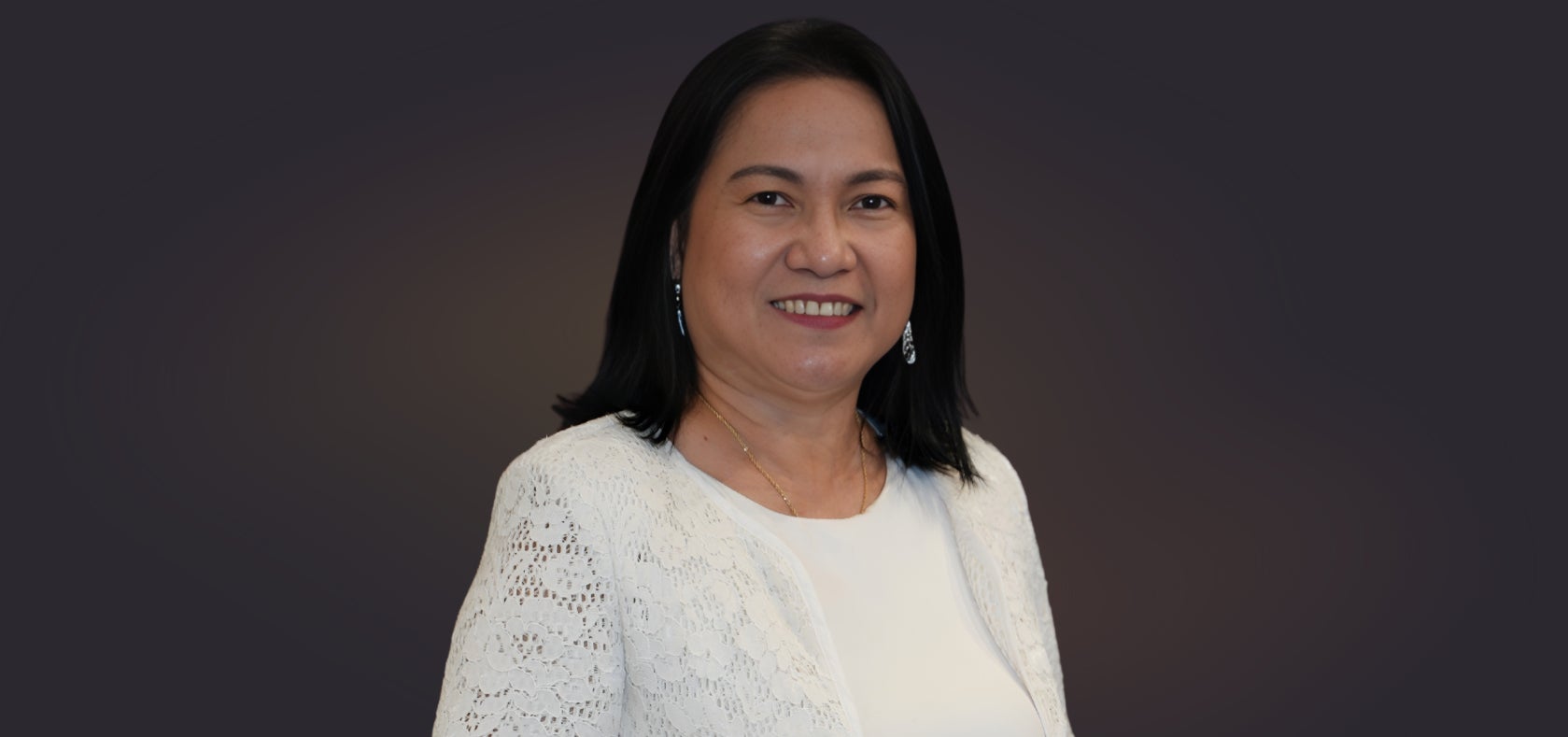Take Five Philippines: “Cultural stereotypes and beliefs still present significant challenges to achieving true gender equality”
Date:

Anita E. Baleda or “Anette” serves as the Chief of the Policy Development, Planning, Monitoring and Evaluation Division of the Philippine Commission on Women (PCW). She has a long-standing commitment to promoting women's rights and gender equality at various levels, engaging in initiatives that address the needs and challenges faced by women across the Philippines.
Anette has played a key role in the development and implementation of gender-responsive policies and has been instrumental in shaping plans and strategies that foster a more inclusive environment for women in the country. Her work includes significant contributions to the implementation and monitoring of gender-related policies and laws such as the Magna Carta of Women, the Philippines’ translation of the United Nations Convention on the Elimination of all forms of Discrimination against Women (UN CEDAW), the Gender and Development Budget Policy, and other gender-related laws.
She has facilitated training and capacity-building programs, enhancing the skills of leaders within the Philippine women's movement and ensuring that gender perspectives are integrated into policies, broader policy dialogues and development plans. Her expertise is recognized both nationally and internationally, making her a respected figure in gender advocacy circles.
Could you share what inspired you to work in the field of women's rights and gender equality? What experiences led you to join the Philippine Commission on Women (PCW)?
I started working at the PCW (formerly known as NCRFW) as a Statistician II, after more than a year working with the then National Statistics Office as Assistant Statistician. My work at the PCW inspired me to contribute to the betterment of the status of women in the Philippines. My former supervisors in the PCW and the very inspiring people that I have met while doing my job have motivated me to continue the advocacy of gender equality and women's empowerment.
With the global movement towards gender equality gaining momentum, including the anniversary of the Beijing Declaration and Platform for Action, how do you assess the progress made in the Philippines? What are the most notable changes you have witnessed in the last 30 years?
In the last 30 years, the Philippines has made notable progress in promoting gender equality and in reducing discriminatory practices against women in many areas. Various laws have been passed and policies made to address gender issues and concerns. Programs and projects have been implemented and enabling mechanisms have been established to address gender issues and concerns. All this has contributed to the closing of the gender gap in the areas of education, health and political participation as indicated in the World Economic Forum’s Report in which the Philippines consistently ranked high in the region.
In your role at the Philippine Commission on Women, what have been some of the most significant challenges you've faced in advancing women's rights?
Some of the most significant challenges we’ve encountered in advancing women’s rights include the stereotypical beliefs and cultural practices by some Filipinos on the roles that women play in society, which have hindered and slowed down the progress of gender equality and women’s empowerment. Such beliefs have relegated women to secondary roles and obstructed the development of their full potential to participate and contribute to development.
Could you highlight one or two key initiatives or programs that the Commission has implemented under your leadership which have made substantial impacts on women's lives in the Philippines?
I led the development of the Gender Equality and Women’s Empowerment (GEWE) Plan 2019-2025. For sometime when I was with the Information Resource Division, I led the annual campaign to end Violence Against Women, the Women’s Month Celebration and the conduct of the caravan on the Magna Carta of Women. These programs resulted in increased awareness by the public on the need to address women’s issues and concerns.
Your work often involves addressing issues that intersect with gender, such as poverty, education, and health. How do these dynamics play out in your advocacy, and what integrated strategies have you employed to address these issues effectively?
To address such issues intersecting with gender, we work closely with stakeholders such as national government agencies who have direct mandates to address such issues. For example, in addressing gender issues in health, we work with the Department of Health along with other government agencies and stakeholders such as legislators, women’s groups and non-government organizations or civil society organizations. Through policy advocacy and the providing of technical assistance services, especially in the review and endorsement of their GAD Plans and Budgets, we are able to influence their plans, policies and programs to address gender issues and concerns.
As a leader in the field of women’s rights, what three critical issues of gender equality would you like to highlight for urgent attention from national authorities in the Philippines?
Advancing women’s economic empowerment, social protection and decent work, Boosting women’s leadership, representation and political participation and formulating strategies to end discrimination and violence against women and girls.